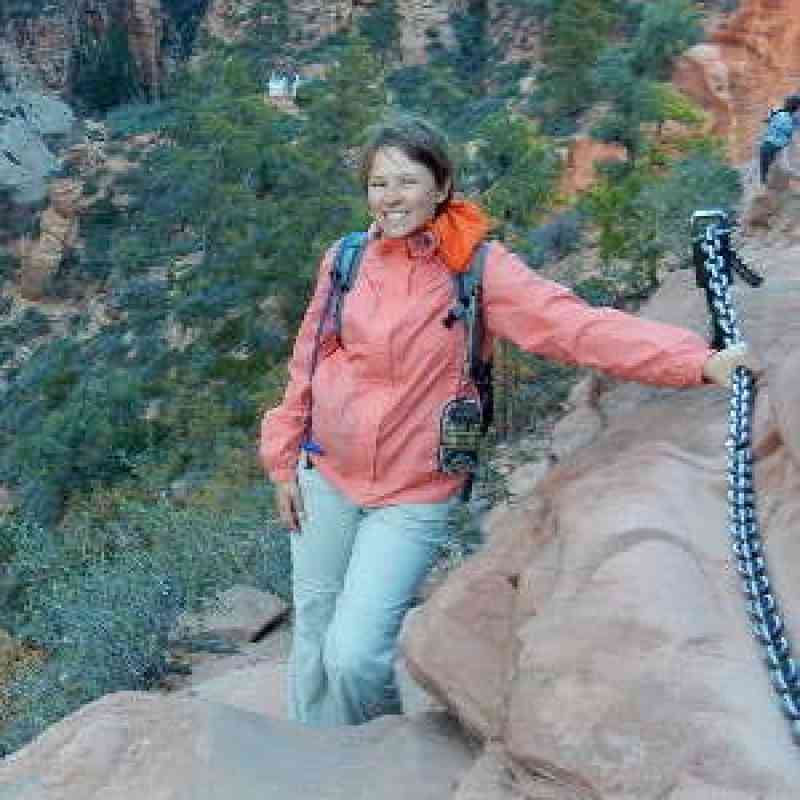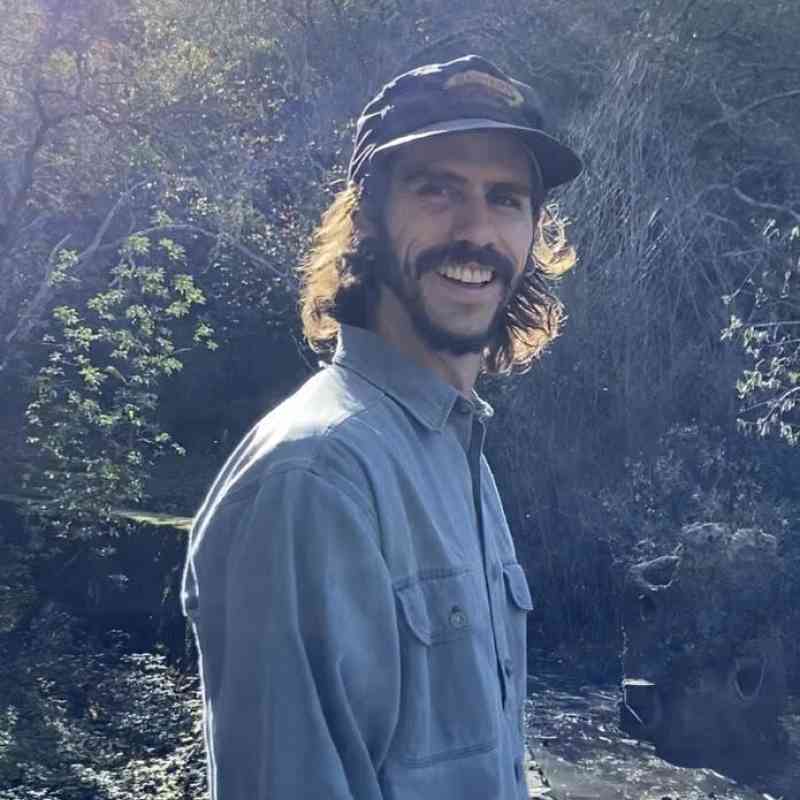Join us every other Wednesday starting on January 10th. Each webinar begins at 7 PM.
Click Here to Register!

 January 10th – Amber Barnes and Cody Wilson
January 10th – Amber Barnes and Cody Wilson
The Benefits of On-Farm Pollinator Habitat
This presentation will discuss how pollinator habitat areas within working lands can increase productivity, improve soil, and water health, and support pollinators. We will also provide information on a few programs and resources that are available to help agricultural landowners and managers reach their goals.
Bio:
Amber Barnes – Amber Barnes is a Conservation Program Manager with Pollinator Partnership (P2) who earned a Bachelor’s and Master of Science in Biology from the University of Akron. Combining her passion for plants and wildlife, she has helped lead and coordinate research, volunteer efforts, and other habitat projects aimed to enhance the landscape for imperiled pollinators like the monarch and rusty patched bumble bee. Through several P2 efforts, she’s collaborated with her team to develop high quality protocols, BMPs, trainings, and resources to guide seed collection efforts and support P2’s goal of supplying regionally appropriate native seed to habitat projects. Now, in partnership with the NRCS, she is leading a team of P2 staff who provide outreach, education, and technical assistance to landowners and conservation professionals to help accelerate adoption of pollinator and other voluntary wildlife conservation practices within working lands.
Cody Wilson – Cody is an Agricultural Specialist with Pollinator Partnership who received his B.S. in Ecology and Evolutionary Biology from the University of California, Santa Cruz, where he studied invasive and noxious plant species influence on arthropod community composition. He later continued to receive his M.S. in Environmental Management with an Ecology concentration from the University of San Francisco, where he studied agricultural crop, pest, and pathogen relations in response to the pressures of climate change. Having worked at local farms, county Department of Agriculture, and a regional restoration and land management company, his background and passion for ecology, entomology, and agriculture have propelled his career to encourage responsible land management practices through the Bee Friendly Farming program.

January 24th – Marne Titchnell
Woodland Pollinators
We discuss the different pollinators that use forests for resources and ways to manage the forest to promote habitat for pollinators.
Bio: Marne Titchnell is the Extension Wildlife Program Director, with The Ohio State University. She works within the College of Food, Agricultural, and Environmental Sciences in the School of Environment and Natural Resources. She provides a variety of educational programs, workshops, conferences, and publications centered on wildlife ecology and biology, habitat management for wildlife, and managing nuisance wildlife species.
 February 7th – Reed Johnson
February 7th – Reed Johnson
Which flowers really support honey bees in Ohio?
In this presentation we’ll look at research conducted at The Ohio State University using DNA sequencing to identify the flowers providing pollen and nectar to honey bees throughout Ohio.
Bio: Reed M. Johnson, PhD. Reed got his start in research beekeeping as an undergraduate researcher at the University of Montana where he was drawn into the world of bees and their biology. Reed went on to receive a Ph.D.in Entomology from the University of Illinois at Urbana-Champaign working where he participated in identifying the detoxification genes as a part of the honey bee genome project. Reed is currently an Associate Professor in the Department of Entomology at The Ohio State University in Wooster, Ohio where he teaches two courses: one on beekeeping and the other on pesticide science. His research focuses on determining how bees are exposed to pesticides and the effects that pesticides and pesticide combinations have on the health of honey bees, with the larger goal of promoting bee health in the context of modern agriculture.
February 21st – Dr. Aaron Wilson
Climate Change and Ohio Gardening
Aaron B. Wilson is an Atmospheric Scientist at The Ohio State University (OSU), holding a joint appointment as a Principal Investigator at the Byrd Polar and Climate Research Center (BPCRC) and Assistant Professor, Ag Weather with OSU Extension- the outreach arm of the College of Food, Agricultural, and Environmental Sciences. He is also a contributing member to the State Climate Office of Ohio (http://climate.osu.edu). Aaron uses his expertise in Ohio weather and climate to assess hydrologic conditions across the state, helping to coordinate the state’s weekly contribution to the U.S. Drought Monitor activities at the National Drought Mitigation Center. Aaron is passionate about educational outreach, dedicating many hours to serving BPCRC through tours and activities for students of all ages and participating in a wide range of engagement actives with OSU Extension, from county field day events to the Farm Science Review. Aaron encourages everyone across the rural to urban gradient to think about “your climate change” and how changing weather extremes are impacting you where you live.

Creating Gardens for Wildlife: Why and How
Our gardens can be beautiful examples of the web of life when created from the point of view of those who live in it and use it. This presentation will outline the criteria for designing habitat that supports all.
Bio: After two other careers, in 1992 Debra turned her avocation of plant study and gardening into her full-time career. Known as “The Garden Sage,” Debra is passionate about gardening, sustainable garden design and the natural world, and enjoys sharing knowledge through her writing, public speaking, and garden consulting in the private and public sectors. She has served on various local and national committees and boards that focus on education, the environment, and sustainability. She has championed those passions during her two-year term (2014-2016) as Honorary President of the Herb Society of America and as past Chair of the Sustainability Committee of GardenComm (2017-2023). In addition, she has mentored the future of the landscape industry at Columbus State Community College for 24 years. She considers herself to be an eco-conscious gardener and is constantly amazed at the intricate relationships in nature.